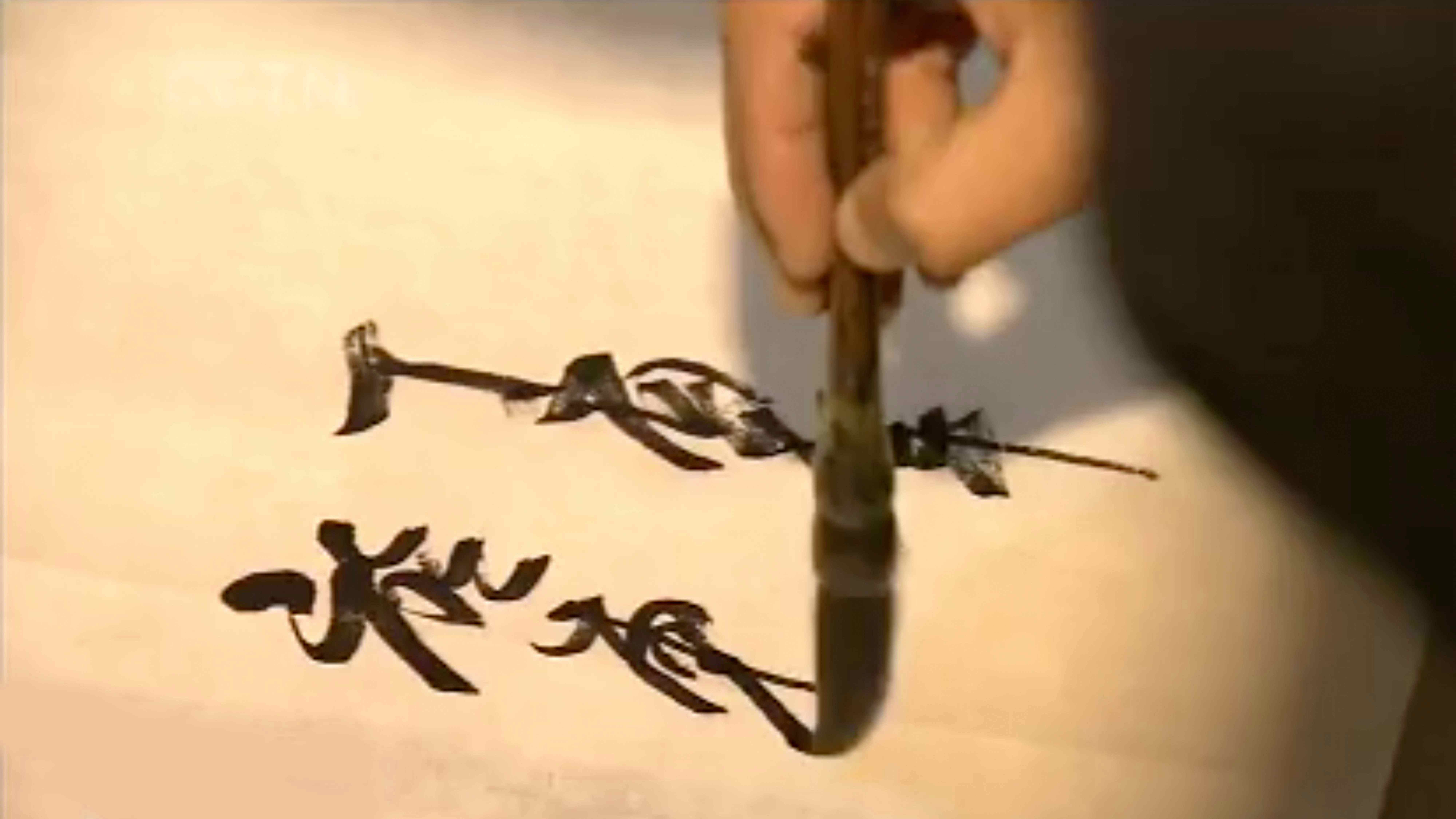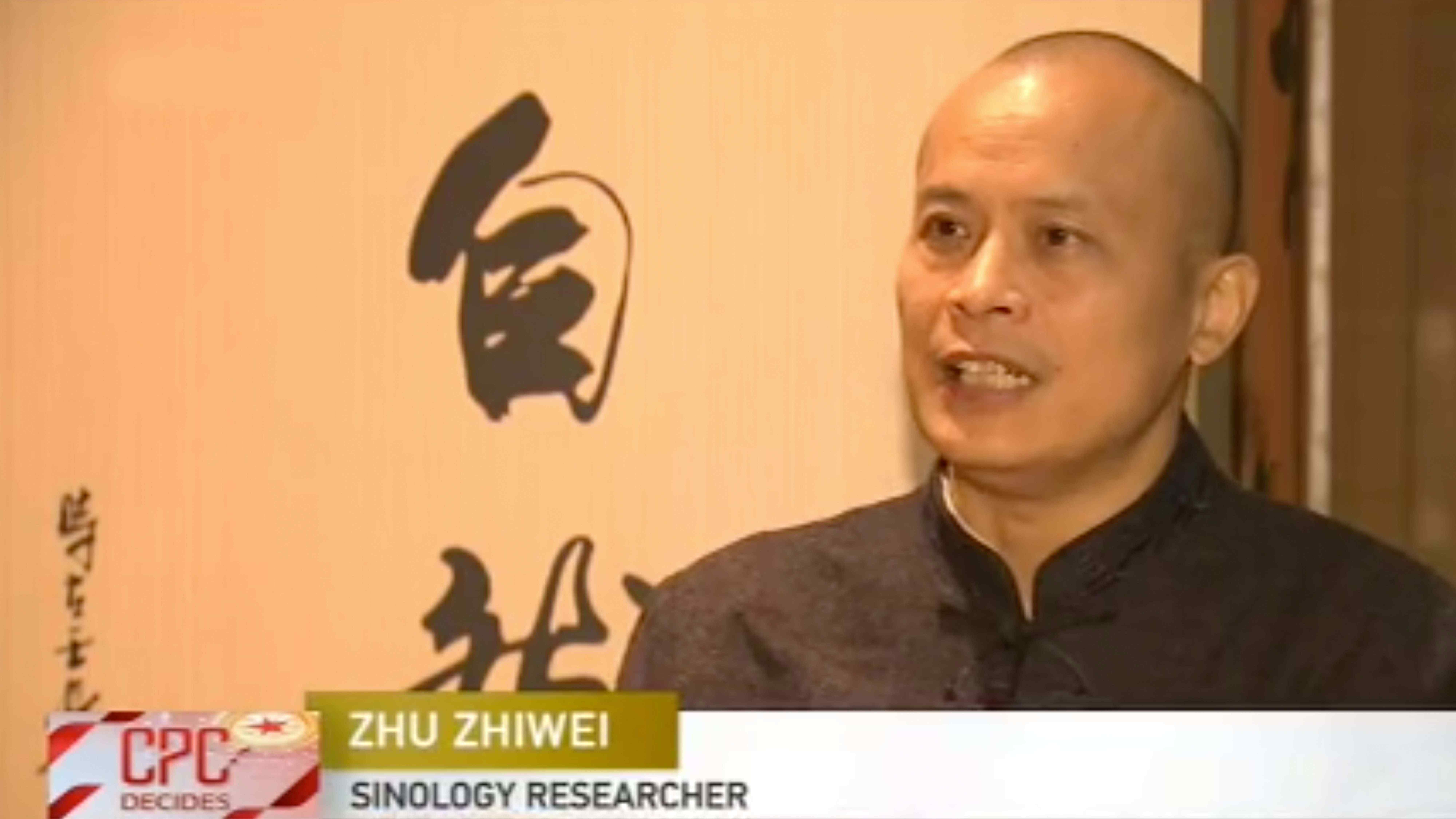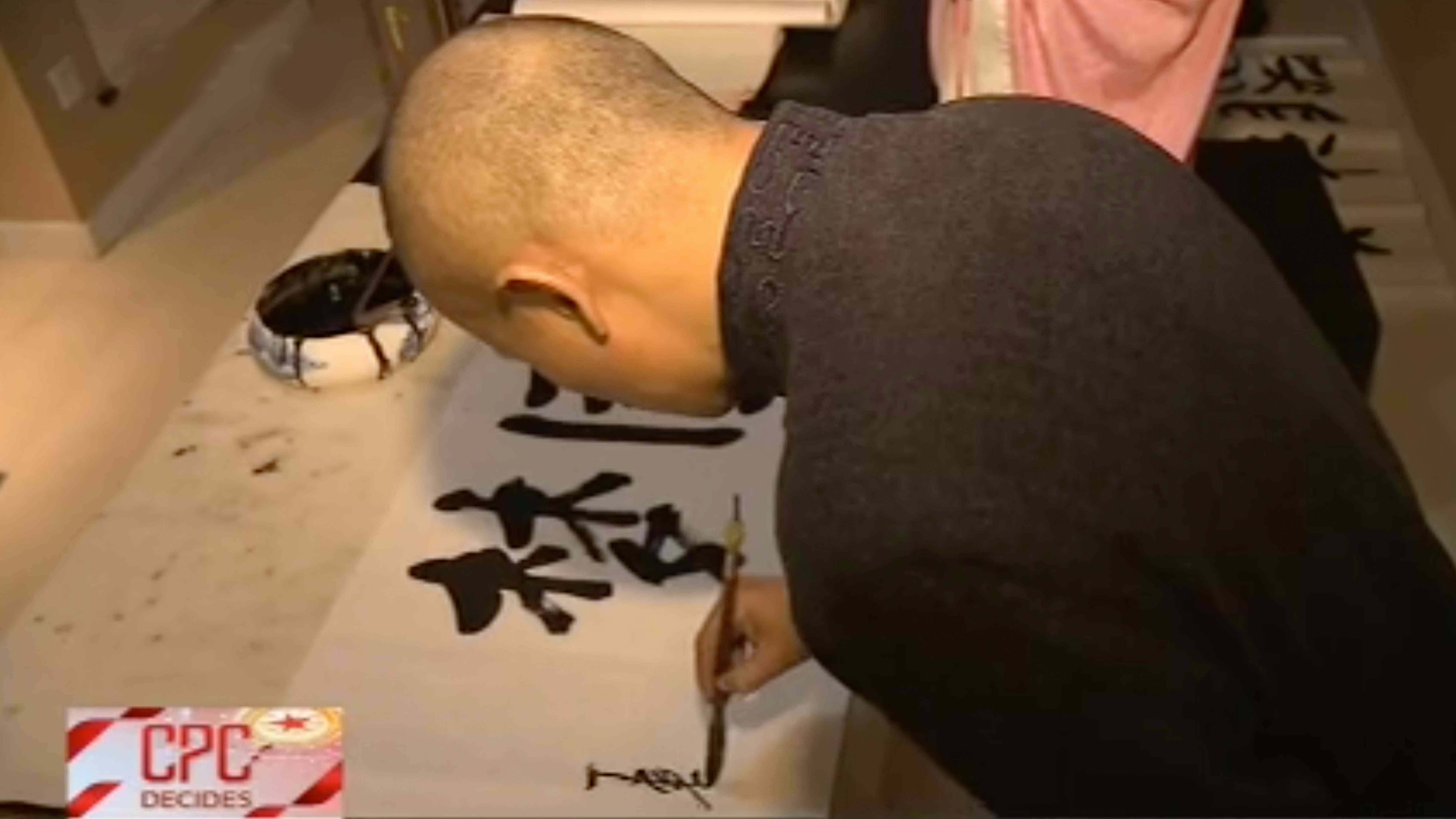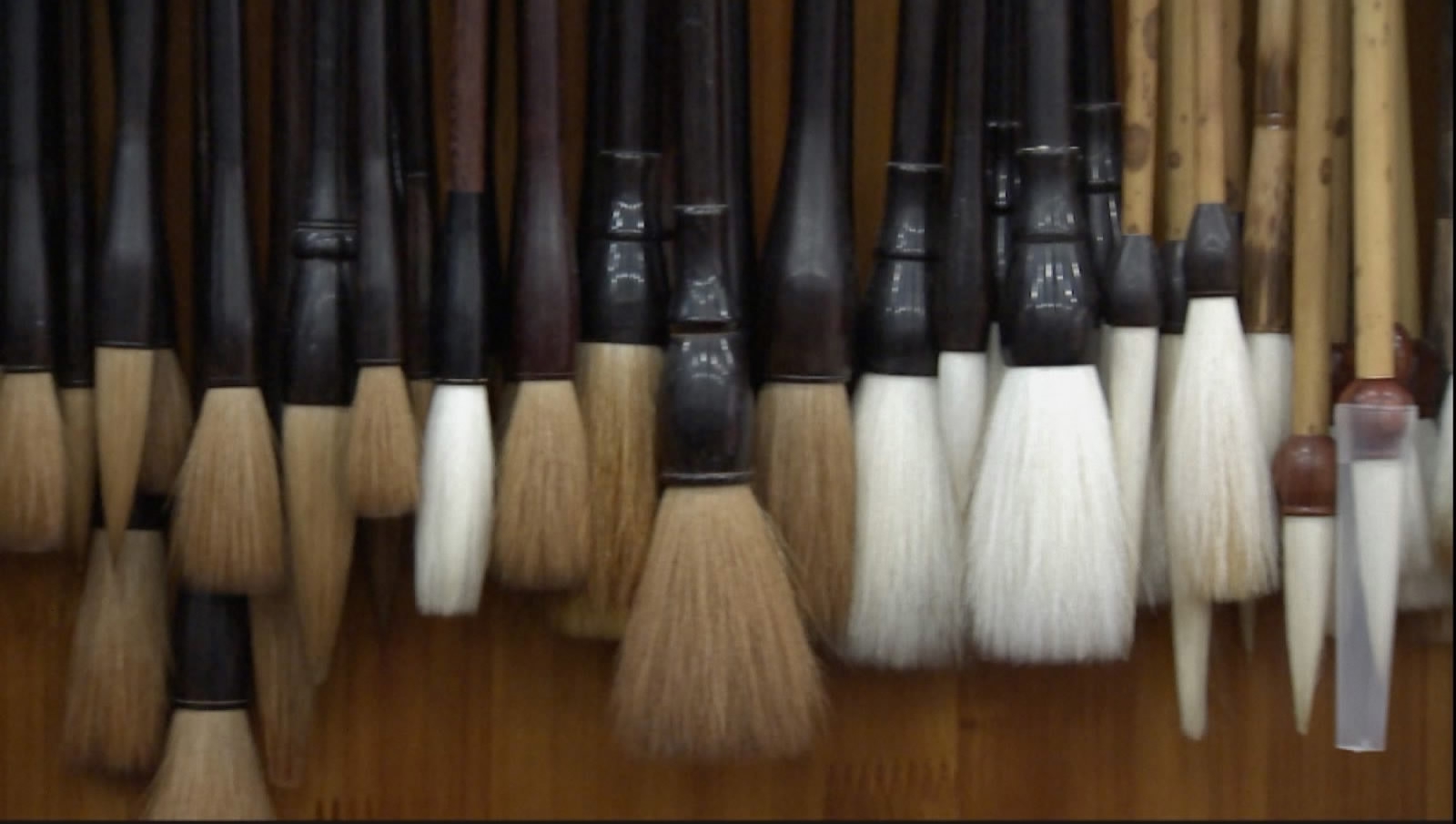
Opinions
17:13, 23-Oct-2017
Opinion: Seeking morality and integrity through Chinese ideology
By Zheng Yibing

Many Chinese stress the importance of certain "values" in building a harmonious society with high moral standards. But what exactly are Chinese values, where did they originate and what is their future?
One approach in a Sinology workshop was to explore the the way in which arts and and doing everyday things help to shape Chinese values.
Take calligraphy as an example. Some define it as the art of giving form to signs in an expressive, harmonious and skillful manner. But workshop director Zhu Zhiwei, an expert in Chinese language, history, customs, and politics, sees calligraphy as more than that. For him, it is a carrier of Chinese values.

Zhu says Chinese values reflect the harmonious co-existence between people. /CGTN Photo
Zhu says Chinese values reflect the harmonious co-existence between people. /CGTN Photo
He said that what he actually finds in calligraphy are harmony, unity of heaven and men; the balance of Yin and Yang, a suitable means of communication between people, and even the art of governance for a country.
Chinese believe only a most righteous mind and method can lead to good writing. For Zhu and his friends, this is at the core of the values that have developed through the centuries. And other art forms also reflect the values, such as weiqi or go chess, tea-making, traditional musical instruments like the zither, or in classics like The Analects of Confucius.
Zhu Zhiwei recalled a story he read in The Analects. The stable of Confucius caught fire, and his families ran to him to report it, but Confucius asked anxiously, "Is anyone hurt?" He didn't inquire about the houses. This is just a reflection of his values and spirit of humanism.

Chinese calligraphy is more than just writing. /CGTN Photo
Chinese calligraphy is more than just writing. /CGTN Photo
Although vague, these Chinese arts and skills distill something very meaningful, Zhu said, and they all have a role in the advancement of the nation's prosperity, democracy, civilization and harmony.
Long Yuxiang, executive chairman of the China International Communications Center, adds to that concept of Chinese values by incorporating elements like patriotism, integrity, and a sound legal system. For him, the values help people to pursue an environment of harmony and morality, as mentioned in Xi Jinping's report delivered to the 19th CPC National Congress.
Back at Zhu's workshop, many are learning the zither and the art of tea serving. He said there was much to be learned and understood from such customs.

Chinese writing brushes crafted in Huangshan in east China. /CGTN Photo
Chinese writing brushes crafted in Huangshan in east China. /CGTN Photo
For him, Chinese values actually reflect the harmonious co-existence between people. In his mind, people may be unfamiliar with each other, but through the communication of various cultures, harmony can be achieved and quarrels and conflicts can be avoided.
So perhaps that's one way of understanding why Chinese have these values and are eager to use them for the benefit of humanity well into the future.
(Zheng Yibing is a CGTN reporter. The article reflects the author's opinion, not necessarily the views of CGTN.)

SITEMAP
Copyright © 2018 CGTN. Beijing ICP prepared NO.16065310-3
Copyright © 2018 CGTN. Beijing ICP prepared NO.16065310-3